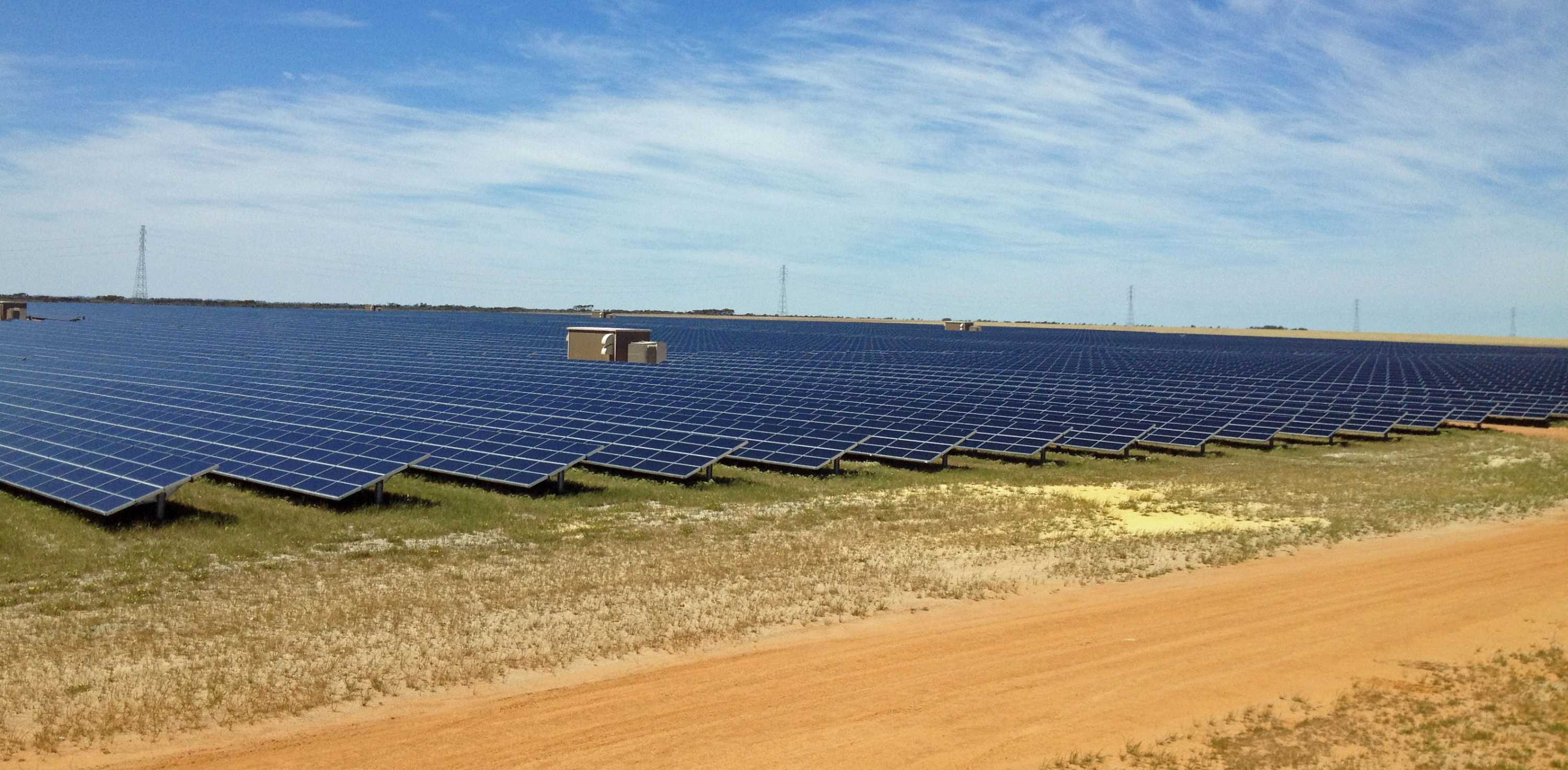Lewis Dillman wrote an article on how the solutions to decarbonisation, mainly focusing on wind power, which made me consider how effective solar power is. Both these ideas need to be developed more and be more efficient before being implemented. However the problem from the social perspective is that these innovations need to be implemented as soon as possible, resulting in situation like Germany where wind turbines are placed with large subsidies that have very little output. Alternatively from the purely economic perspective, such incredibly large subsidies were doomed to fail considering the severe price difference between wind/solar power and energy from coal. The German Minister of Economics even calling the wind turbine subsidies a “threat to the economy”.
Lewis mainly refers to wind power as being an inefficient source of alternative energy. Solar power is generally deemed to be more effective but at the current standard is isn’t.
Photo Source: http://www.abc.net.au/environment/articles/2012/10/26/3618724.htm
How well solar power works is largely dependent on how where they are located. I lived in Australia, where solar panels are pushed by the government to be installed with heavily subsided prices and constant television advertisements. They do function well there; especially on large solar farms (pictured above) but aren’t practical in Canada, especially in constantly overcast cities such as Vancouver.
The issues with associated with solar panels:
- Efficiency is only 22%
- Uses extremely expensive semiconductor
- Expensive installation and maintenance costs
- Lasts 25 years but batteries have to be replaced every 5-10 years
It seems that if the efficiency were to increase, most of the other problems would become less significant. However, until then perhaps solar panels aren’t the route to take in Canada.
Sources:
https://blogs.ubc.ca/lewisdillman/2015/10/04/a-more-natural-solution-to-decarbonization/
http://www.solarpoweristhefuture.com/problems-with-solar-energy.shtml
